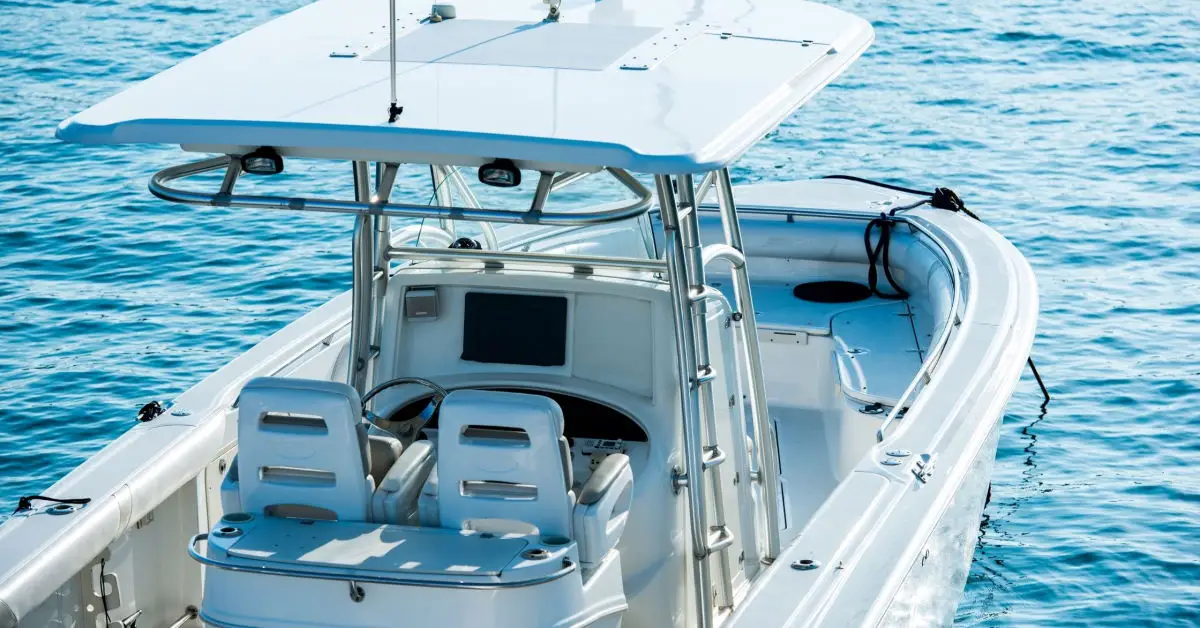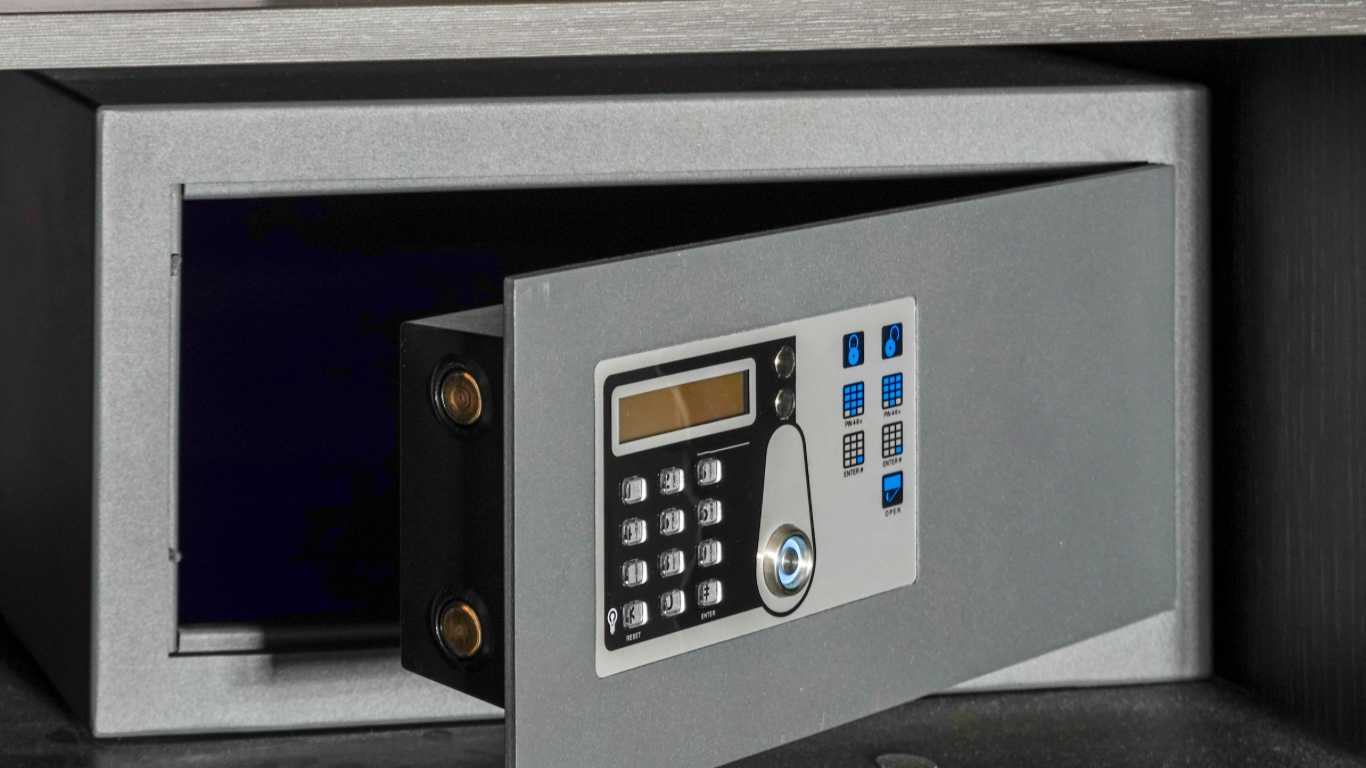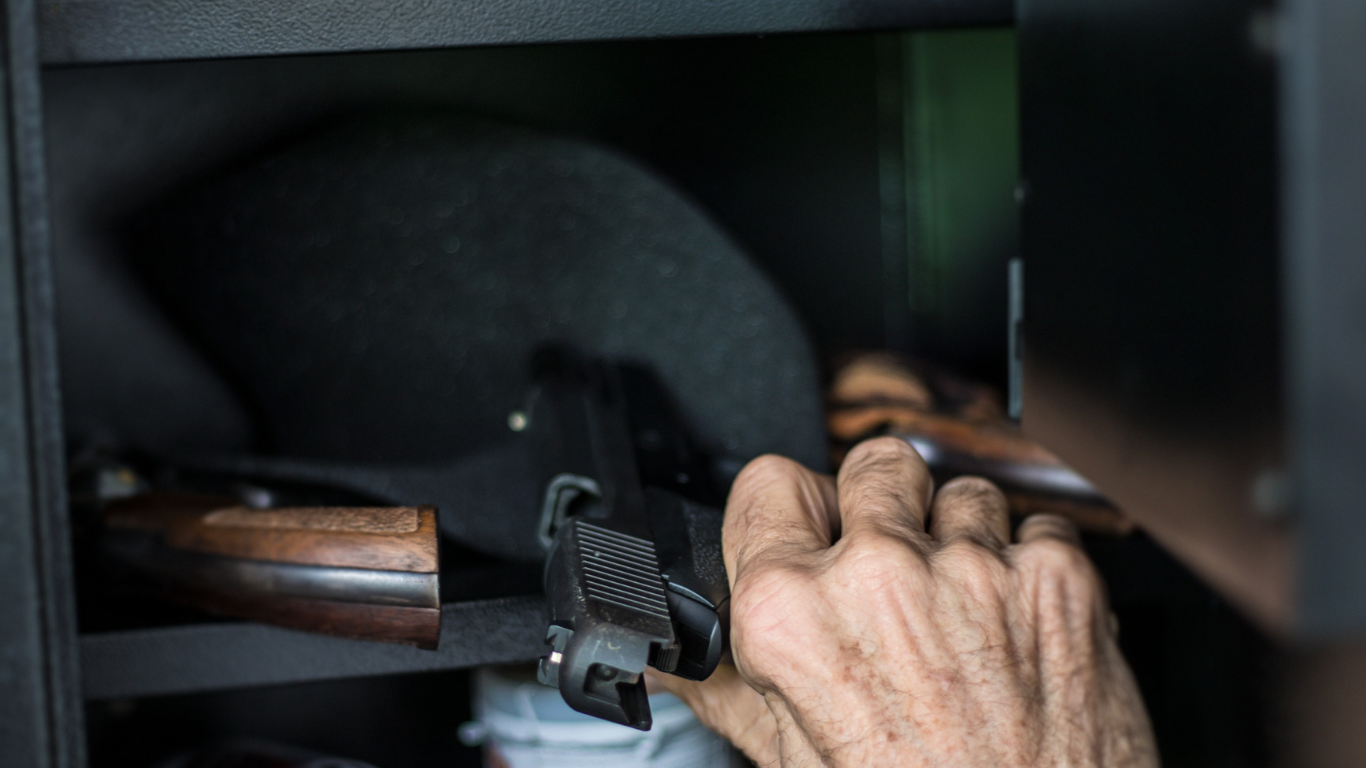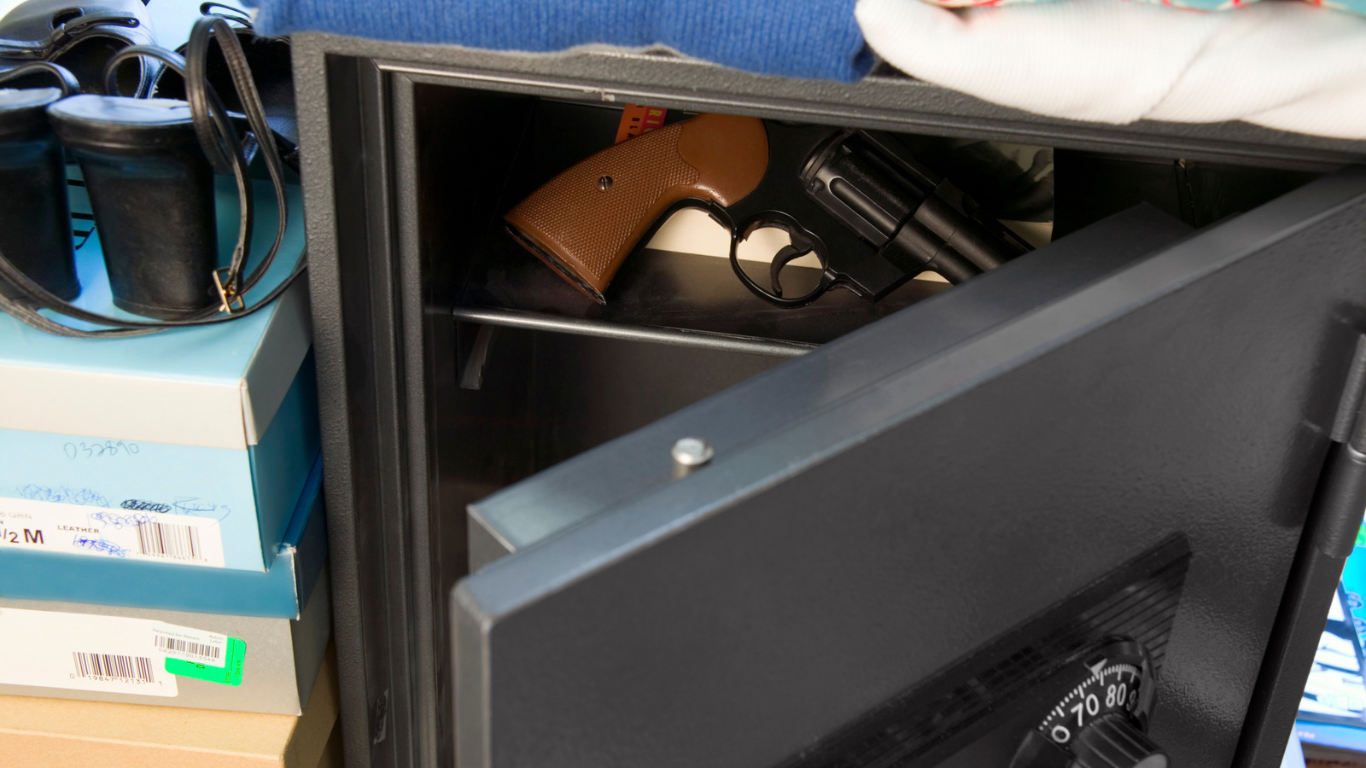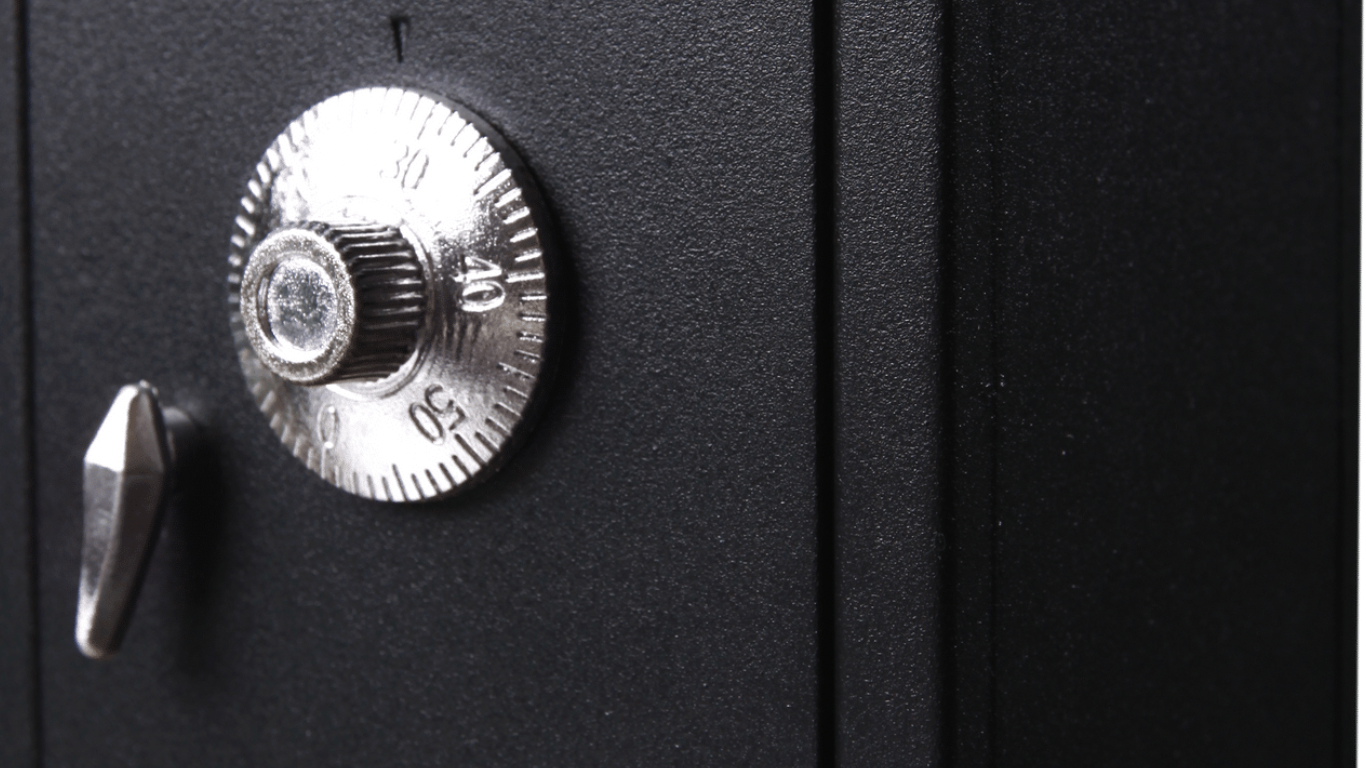Most of us have seen people carry guns in their vehicles, but the law also allows you to carry them in a boat. You qualify to have a gun if you do not have any criminal records. It is excellent to know the law, as this will help you get out of a situation that needs you to defend yourself. Laws in certain states put vehicles and boats in the habitation category because they offer accommodation overnight. However, how you store a gun in a boat matters.
Guns are essential to boat owners because they help them in self-defense. The Admiralty Law is a law that caters to any instances that happen in water.
Why You Should Store Your Gun Well
You should ensure you store a gun in a boat to:
- Prevent accidents: the main reason why you should store your firearm well is to prevent accidents. It is essential to keep the gun secure, especially when people are on board, to prevent accidents.
- Make sure nobody can access it: children might be tempted to play with your firearm while on board. Therefore, it would be great to store firearms in a compartment or safe to keep them off the children’s reach.
- Ensure the firearm is in the best condition: you might fail to use your firearm and ammo when you need them if you do not store them appropriately. Protected guns work well, and they will be helpful during an emergency.
How Should You Transport Your Gun in the Boat?
As a gun owner, it would help to know that you should transport unloaded weapons if you want the process to be secure. Empty guns mean there will be no accidental shooting. You should know the following things before you store gun in boat.
Gun Clearing
Every gun has a clearing procedure. The procedure is when you unload the firearm before you store it. Most gun owners know how to clear them. You should not have a gun if you do not know how to clear it.
If you are a new gun owner and you do not know how to do it, then you can:
- Eject the magazine
- Drag the handle back and remove any rounds in the chamber
- Charge the handle behind again to make sure you have no remaining rounds
- Pay attention in this period. Chances are the round is still in the chamber if you do not charge the handle well
- Also, make sure you remove all live rounds and confirm the same using your fingers
- Instructors in the military advise the recruits to pull the trigger after emptying the chamber. Doing so helps to ensure no rounds are left. It would be great to do so in an enclosed area.
The best place to pull the trigger is in a shooting range. However, it is advisable not to do it if you are anywhere else to prevent an accident. You are also warned against shooting on the ground because the bullet might bounce back. You should also not shoot in the air because it can cause harm even after long distances.
- Make sure you always lock your gun when you are not around.
Are There Any Cons of Storing an Unloaded Firearm?
It might cross your mind that moving a loaded firearm is more important, especially if you carry it for security reasons. However, most guns are not stored with ammo. All firearms must go through the clearing process before storage to prevent accidents.
It is rare for the gun to discharge itself because of an impact or shock, but it can still happen. However, this is not the only limitation of unconcealed firearms – someone might use them for the wrong reason. We cannot stress enough how important it is to store your gun in a concealed place.
Holding a Firearm on the Boat
It would help if you prepared your firearm for storage when you unload it. For example, you can do the following:
- Keep it free from dust: it is your wish as a gun owner to use a fast gun during emergencies. To achieve this, you should keep it in dust-free areas.
- Store the gun in a lockable place: it would be great to store your gun in a lockable place to ensure that only you can access it.
- Install anchors: the waters are full of waves, so your gun might move during the voyage. In addition, it would help if you had some tie-down points to keep the firearm safe in such instances.
It is better to store your firearm in a gun safe and not a gun case. Such is because these safes are challenging to access. However, it is hard to find a dust-resistant gun vault. Therefore, you should buy a good vault and a good cover for maximum effect. You will also take more time during emergencies to access this firearm.
Some gun owners choose to clear the firearm before storing them. However, deciding to clear it or not varies with your journey’s expectations. For example, it is advisable not to disassemble your gun if you think pirates might attack you, and this will lower the number of steps to take during an emergency. However, it would help if you kept the gun in a concealed place even as you make it easily accessible.
You might consider clearing your gun if you do not expect to use it in your journey. You will have more efficient storage if you clear the firearm before storage. Dissembling also makes the gun safer.
What Are the Best Places to Put the Gun in Your Boat?
You might wonder where to put the gun after putting it in a case. It would be best to:
- Store the gun in the front boat part
- Store the firearm with the barrel facing where the boat is headed – the gun should not face the passengers
- You and your crew should stay behind the gun
You might happen to have more than one gun in the boat. In this case, you can choose to put the second gun in the boat’s rear part facing the opposite direction.
It would be great to put a gun safe in a compartment to keep it out of children’s reach. It is legal to have a firearm in your boat as long as you follow the correct procedure. Guns should be stored in places where children or unauthorized passengers cannot access them. The durability of your gun will be increased if you store it in a proper place.
